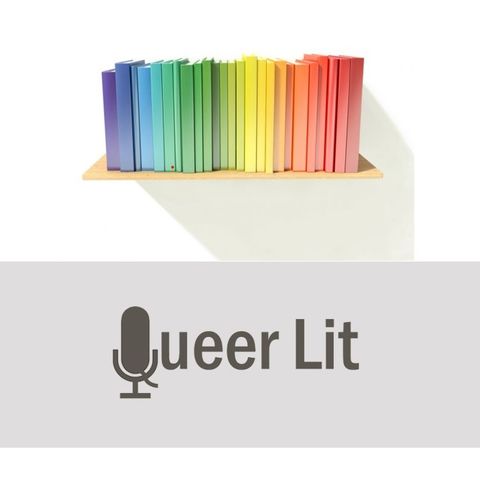“Trans Childhood” with Jules Gill-Peterson

Descarga y escucha en cualquier lugar
Descarga tus episodios favoritos y disfrútalos, ¡dondequiera que estés! Regístrate o inicia sesión ahora para acceder a la escucha sin conexión.
Descripción
Warning! This episode will turn you into a Jules Gill-Peterson (University of Pittsburgh) super fan -- if you are not one already. Jules talks about her research on the long...
mostra másWorks and People mentioned:
Jules Gill Peterson’s Histories of the Transgender Child
“Dissociation as Trans Method II”
https://sadbrowngirl.substack.com/p/dissociation-as-trans-method-ii?justPublished=true
Joanne Meyerowitz
Susan Stryker
Rousseau’s Émile, or On Education
Magnus Hirschfeld
Kathryn Bond Stockton’s Making Out
Female Mimics
Leslie Feinberg’s Transgender Warriors (and Stonebutch Blues)
Find out more about the incredible Jules on her website (https://www.jgillpeterson.com/) or on Twitter (@gp_jls). Or, you know, find much less interesting content here (@Lena_Mattheis) on Instagram or Twitter.
Questions you should be able to respond to after listening:
1. Why does Jules think that the concept of childhood is potentially more revelatory to think about than a definition of transness? How do trans children subvert hierarchies established through Western ideas of childhood?
2. Why are children unknowable? What does ‘unknowable’ mean?
3. How is the idea of childhood and immaturity used in a colonial context or to justify incarceration?
4. What does Jules mean when she says that “we really overinflate the power of signs”?
5. Have you ever known something about yourself despite not having a word to describe it? Can you think of an example for this from queer literature?
6. How can our perspective as literary studies scholars help us reflect on the production of self-knowledge?
Información
| Autor | Lena Mattheis |
| Organización | Lena Mattheis |
| Página web | - |
| Etiquetas |
Copyright 2024 - Spreaker Inc. an iHeartMedia Company

Comentarios